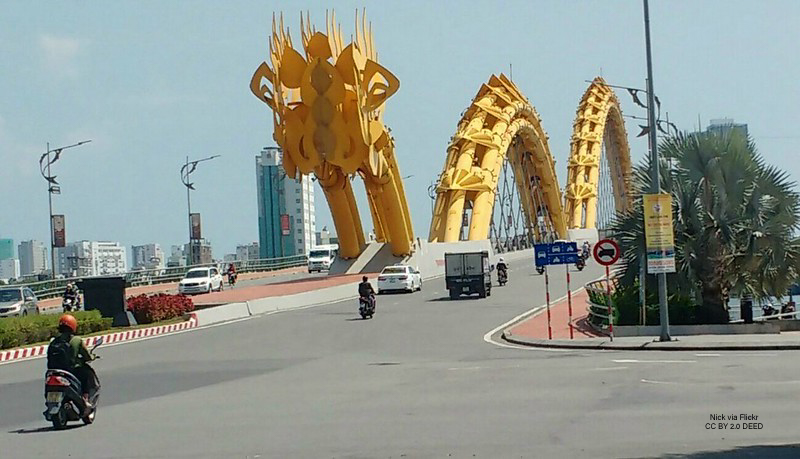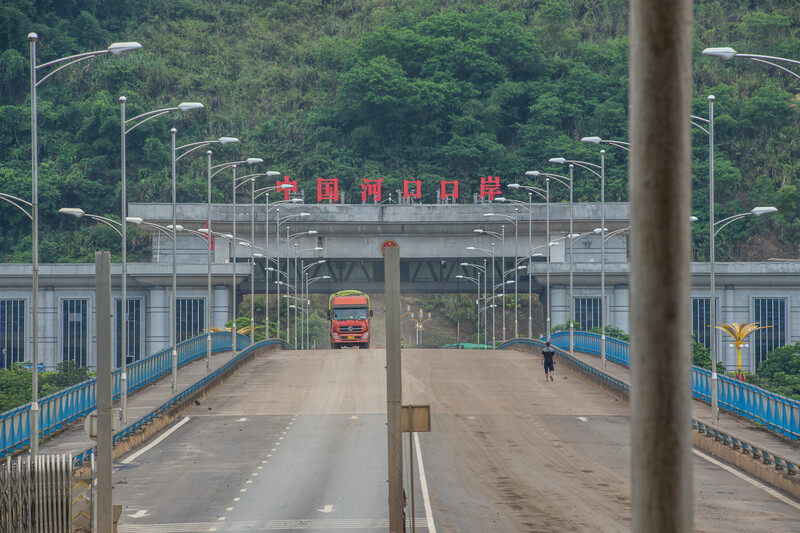ADB-financed GMS Project to Strengthen Urban and Tourism Infrastructure, Enhance Women’s Opportunities in Luang Prabang, Lao PDR
The Asian Development Bank (ADB) will support the sustainable, inclusive, and resilient urban development of Luang Prabang, Lao People’s Democratic Republic (Lao PDR), with financing worth $35 million via a concessional loan and a $10 million grant. The project is set to (i) improve the quality and coverage of urban infrastructure and services, (ii) strengthen institutions and capacity to foster climate and disaster resilient development pathways, (iii) promote inclusive and gender-responsive urban planning, and (iv) enhance women's leadership and economic empowerment. The Government of Lao PDR will complement the financing with in-kind contributions to support counterpart salaries and office facilities







